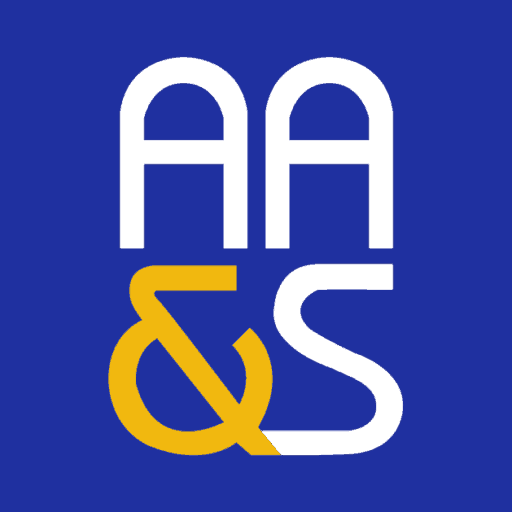Bookkeeping as a freelancer
As a freelancer, you are required to keep a set of records to keep track of your income and expenses. There are a number of professions that need to keep extra documents and records, and you should take advice from a professional to see if any of these apply to you.
This post will set out the major requirements for most businesses. Larger businesses (based on both turnover and number of employees) have more stringent requirements. Again, specific advice should be taken in these situations.
Income documents
Any time you receive income, you are required to issue a receipt – קבלה. This will state the amount received, and the method of receipt (cash, check, credit card, bank transfer etc.)
For any osek morshe (see here for definition), you also need to produce tax invoices – חשבוניות מס. The tax here refers to the VAT charged on the transaction. For any service provided, the invoice is produced when monies are received. As such, it is possible to combine the invoice and receipt – חשבונית מס/קבלה.
However, if you are selling goods, the invoice must be produced when the goods are transferred to the customer. As such, the invoice and receipt dates may well be different (and could cause cash-flow issues).
The invoice sets out what is being charged for, the amounts due before addition of VAT, the VAT due and the gross total.
Receipts and invoices both need to be bespoke for the business, produced in duplicate (at least – one copy for the customer, and one for you) and sequentially numbered. Please note that generic receipts and invoices (available in stationery stores) do not meet the requirements of the tax authorities.
Recording income and expenses
The income and expenses need to be recorded in a “receipts and expenses book” – ספר תקבולים ותשלומים. Here you record the income- which you split between pre-VAT and VAT, as applicable.
Expenses are recorded in a similar fashion, separating out the VAT that you are claiming on the expense, if relevant. The rest of the expense is then categorised, so that your profit and loss account (which will be attached to your tax return) can split out expenses per category.
Once all records are recorded, you will be able to produce your VAT and mikdamot (tax in advance) reports. Feel free to email me for a pamphlet discussing on further details how to do this.
It is also very important to keep all of your original documents (both income and expenses) in a file. Ideally these should be cross-referenced to your receipts and expenses book for easy finding.
It is possible to produce all of the above using software approved by the tax authorities. There are also a number of online programs available. Again, please feel free to email me and I will send you a list of those that I (via clients) have found.
One final point. The official languages of Israel are Hebrew and Arabic. As such, all documentation and recording must be done in at least one of these languages. English can of course be used, provided that one of the aforementioned languages is used as well.
0









